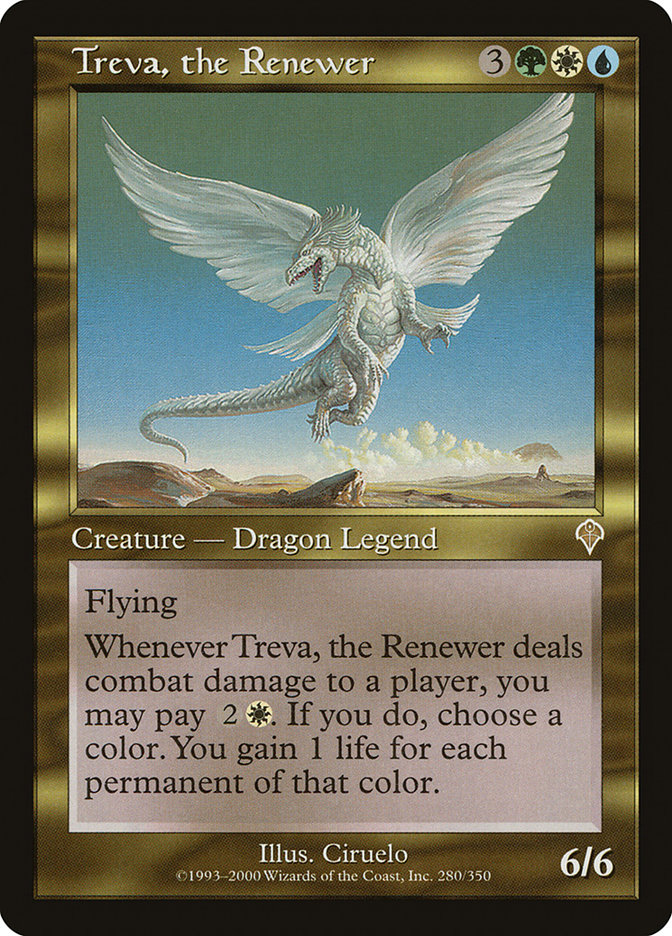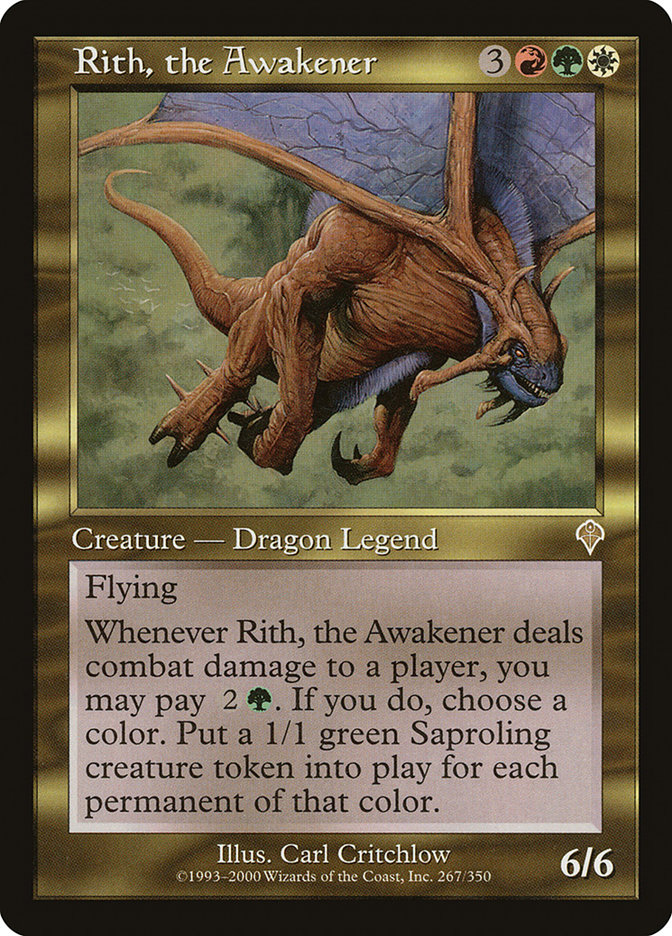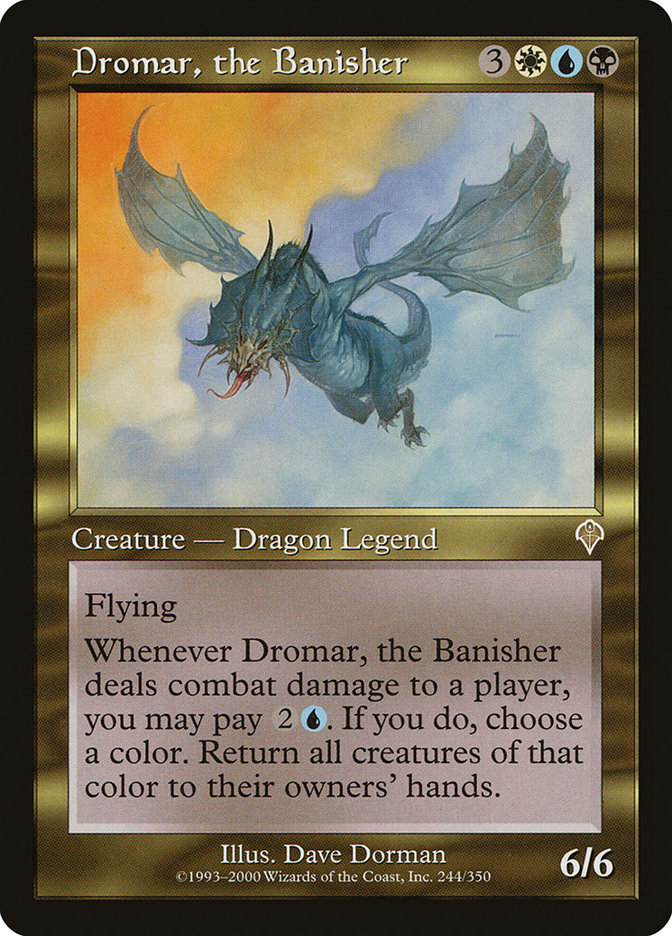When I was in the eighth grade, the theme of my middle school graduating class was “Originality.” Our class slogan, voted on by my peers, was something that I actually wrote – “Those who are weak go with the flow. The strong make their own currents.” Despite that, everyone still seemed to be wearing the same Starter jackets, Z-Cavaricci jeans, and Bum Equipment sweatshirts.
In a high school philosophy class of mine, we were studying Nichomachean Ethics, in which Aristotle presents his theory of virtue. Aristotle describes virtue as a mean between extremes in which individuals have conscious and deliberate choice. He lays out specific examples, like courage as the mean between cowardice and rashness, generosity as the mean between stinginess and wastefulness, or gentleness as the mean between irritability and spiritlessness. My instructor asked the class to write a paper suggesting a trait that could be added to the list of Aristotle’s virtues. I made the case for the virtue of originality. My instructor’s response in his comments on my paper was that originality was not in itself a good thing – there was no intrinsic value in being different, but rather only value in that difference which itself produced goodness.
In his book “Predictably Irrational,” behavior economist Daniel Ariely talks about an experiment he performed in which he offered a variety of free beers to students at a local bar. The experiment involved approaching a table of people and taking their orders out loud, and then polling the participants afterward about how satisfied they were with their choice. These results were then compared to groups who ordered privately.
The experiment showed that when people ordered out loud, and in sequence, they tended to order more different types of beer per table. It also showed that those who made their choices out loud were, on average, less happy with their selections than those who ordered in private. Daniel’s conclusion was that these people were willing to sacrifice their personal tastes in order to project an image of uniqueness to their peers. Interestingly, this pattern was reversed in cultures that place higher value on conformity than on uniqueness. The same experiment performed in Hong Kong showed that ordering out loud tended to homogenize the orders rather than create variety. The polling afterward showed that the recipients were equally as unhappy with their selections.
Magic culture at large is a lot like my eighth-grade class. It places a lot of value on originality. A lot of Magic players are like I was in high school. They believe that uniqueness is a virtue in itself. And many of them, like the beer drinkers in the experiment, make decisions based on that belief that lead them to be worse off in the end.
Magic is a lot of different things to a lot of different people. For some it’s a competitive endeavor, a chance to exercise their intellectual abilities and prevail over other smart people trying to do the same thing. For others, it’s a chance to express their creativity and try to show the world how clever they are. It’s important to recognize that these are distinctly separate paths, and in fact sometimes they are divergent and at odds with one another.
One of the most common types of feedback I get on my articles about particular decks goes like this: “Have you ever thought about playing (INSERT RANDOM CARD)? I play it in my version of this deck and it’s great!” The card in question is often something that doesn’t see a lot of play, and often seems to be specifically chosen for that reason. Most of these comments don’t suggest any real reasons why they play the card in question, but rather seem to imply that it’s worth playing simply because it’s different.
Now, it’s important to note that I’m not suggesting that using cards that don’t frequently see play is in itself a bad thing. Far from it. In fact, there are a number of benefits to playing unusual cards or decks.
The two most significant benefits to unusual card or deck choices are surprise value and misdirection. When you play cards that opponents don’t expect, you can occasionally catch people off guard and gain an edge because they didn’t play around it, especially if it’s a card with an unusual effect. I played a single copy of Golgari Charm in many of my G/B or Junk decks while playtesting for Pro Tour Theros, and I won a huge percentage of games in which I drew it because my opponents made plays anticipating different cards that set them up to get blown out by the Charm.
Misdirection comes up when playing a deck that has similarities to a popular deck but designed with key differences that can impact optimal strategy against it. If your deck can easily be mistaken for something that people are used to playing against, they can make choices that would be correct in that instance that are flawed against you. I benefited significantly from misdirection in my win at Pro Tour Austin, where I played a Naya deck that had a lot in common with typical Zoo lists except I played Baneslayer Angel and Punishing Fire + Grove of the Burnwillows in the place of small creatures like Kird Ape or Steppe Lynx. A number of opponents in that tournament used early removal like Path to Exile on my Wild Nacatls only to be left without an answer when I played a Baneslayer Angel shortly thereafter – not only could they not kill it, but the land I got from their Path to Exile let me play it a turn ahead of schedule!
My PT Chicago deck in 2000 was a beneficiary of both of these effects. The most popular deck at that tournament was the G/R Fires of Yavimaya deck, built largely around the synergy between its namesake enchantment and Saproling Burst, a combination which allowed a player to quickly attack with large and hasty saprolings. The popularity of Fires led a lot of players to pack enchantment removal like Aura Mutation in order to have an effective way to fight against the combo. My deck had a lot of structural similarities to Fires – Llanowar Elves, Birds of Paradise, River Boa, and Blastoderm were fixtures of both, along with the manabase looking very much the same – so my opponents frequently sideboarded in enchantment removal that ended up being completely dead against my deck. I also gained a significant edge from the surprise value of many of my cards, especially coming out of a deck like mine. In the last round of the Swiss on Day One, I beat Ben Ronaldson’s Rebel deck with Tsabo’s Decree, a black spell I splashed in my G/R/W deck’s sideboard for precisely that reason. He had the option to Wrath of God away the board on a previous turn but felt that he was advantaged, and he died to my Decree wiping out all of his creatures and none of mine.
These kinds of advantages can be hard to quantify, especially because they are difficult to evaluate in playtesting. We thought that one of the strengths of the R/G Devotion deck that we played at the last Pro Tour was its ability to misdirect opponents in both gameplay and sideboarding. Upon seeing Burning-Tree Emissary and Ash Zealot, we thought opponents might misuse their reactive cards against us thinking that we were an aggressive red deck, thus giving us better overall results against the field than we got in playtesting against opponents who knew our exact lists. In practice, things didn’t end up working out that way, and our performance as a whole was among our worst ever at a Pro Tour.
Now there are certainly other possible advantages to be gained from playing unusual cards or decks, but many of them are outside the game itself. If you’re someone who is looking to make a name for yourself in the Magic community, being recognized as someone who built a particular deck can be a big step in that direction and it’s much easier to achieve recognition for making something particularly unusual than for building a slightly more efficient version of Jund. Community recognition can mean more than just a warm fuzzy feeling that people know who you are and respect you, it can translate into writing gigs for Magic websites, draw people to your stream and more. Look at players like Conley Woods, Travis Woo, or Caleb Durward. They have all experienced some level of success in tournaments, but their profiles are much higher than they would otherwise be if they weren’t recognized as “rogue deckbuilders.”
There can be a downside to this kind of recognition, however. When your position in the community is based on a certain kind of image or reputation, it’s possible to allow that reputation to hamstring you when it comes to your decisions about what to play in major events. As a result of my success at PT Chicago 2000 with Rith the Awakener and Armadillo Cloak in my deck, I was given the nickname “The Dragonmaster.” Going into that event, I’d decided to play with those cards entirely due to my belief that they were well-positioned in the field and would give me the best chance to win. But afterwards, I felt like I had a particular image to uphold. At the Invasion Block Constructed Pro Tour in Tokyo, I played a five-color deck based on the Domain mechanic with Collective Restraint and Global Ruin, and I used three of my sideboard slots to play different dragons. I had one Dromar the Banisher, one Treva the Renewer, and of course one Rith the Awakener.



I had gone from making my decisions about what to play based on what I thought was best to what I thought best fit the image I wanted to project to the world. I was like the beer drinkers in the experiment who ordered something different from the rest of the table just because they wanted to stand out. Like them, I too regretted my choice in the end.
I know a lot of players view it as a point of pride to play their own decks. We’ve come a long way since the time when those who played popular decks were derided as “Net Deckers,” but there are still those who would rather lose than play the “best deck.” I’ve certainly been there myself. I know that before I experienced success on the Pro Tour, I dreamed about winning with a deck that was all my own, one that showed everyone just how clever I was. And I mean I literally dreamed about it – as in woke up in the morning disappointed that it wasn’t reality.
But if we want to win tournaments out here in the real world, we can’t hamstring ourselves like that. If you refuse to play a deck simply because it’s popular, you’re just putting restrictions on yourself that are going to hamper your ability to contest with others who give themselves the freedom to choose the best deck from whatever is available. I tend to prefer playing decks that are somewhat off the radar, but my decision to do so isn’t based on the fact that they’re different – it’s because I think they will truly give me the best chance to win. When that isn’t the case, I’m not too proud to pick up something tried and true. I played Affinity every time I played Mirrodin block. I played Psychatog when it was everywhere, not just in Standard but in Extended as well. Hell, I won Pro Tour Dark Ascension playing Wolf Run Ramp.
When you’re deciding what deck to play, or what cards to put into your deck, ask yourself why you’re doing it. Take a long, hard look at the real motivations behind your decisions. Because if you’re playing a rogue deck just because you want to get noticed, and you care more about recognition than about winning, that’s your prerogative – that’s a totally reasonable position to take. But if your goal is to win, playing something simply because it’s different is not a legitimate reason. Like my Philosophy instructor told me in high school – originality is not a virtue unto itself. There is only value in the goodness it creates. Don’t play something that’s going to hurt your chances to win simply because you want to project a certain image to the rest of the world. If it can ruin free beer, it can ruin anything.
Until next time,
bmk
